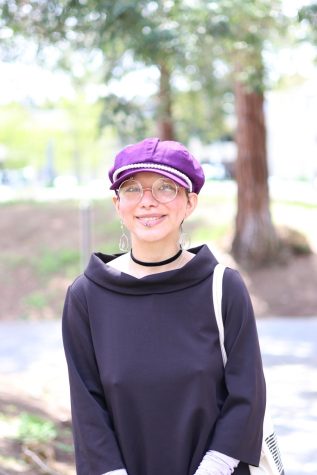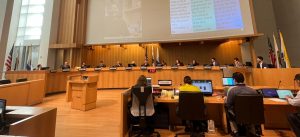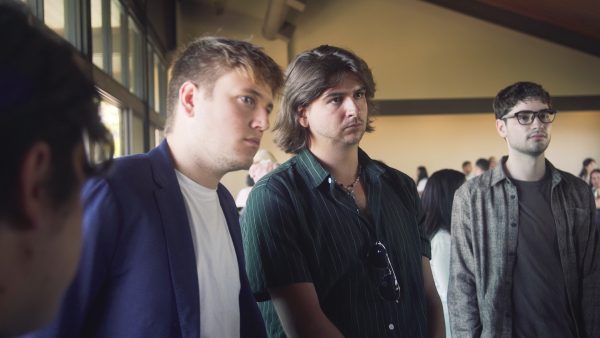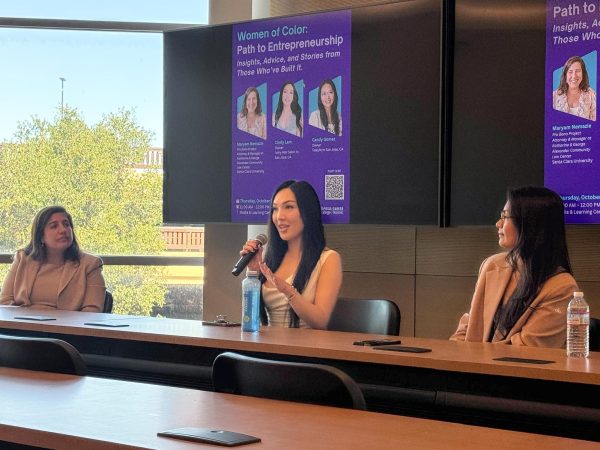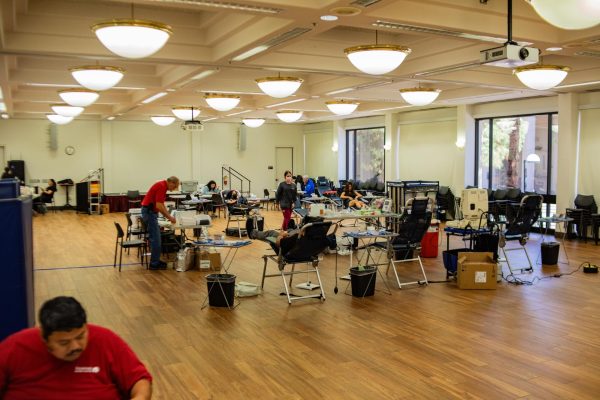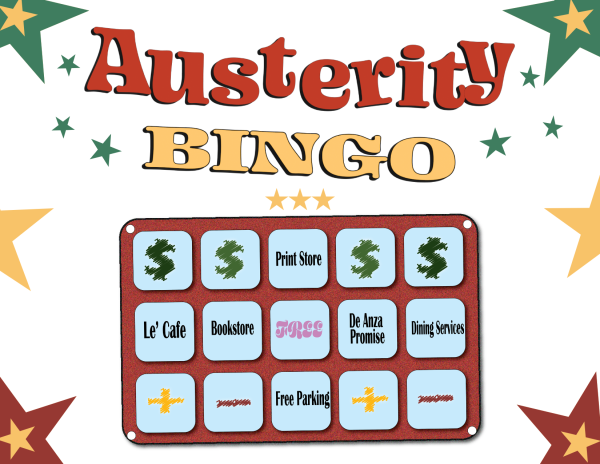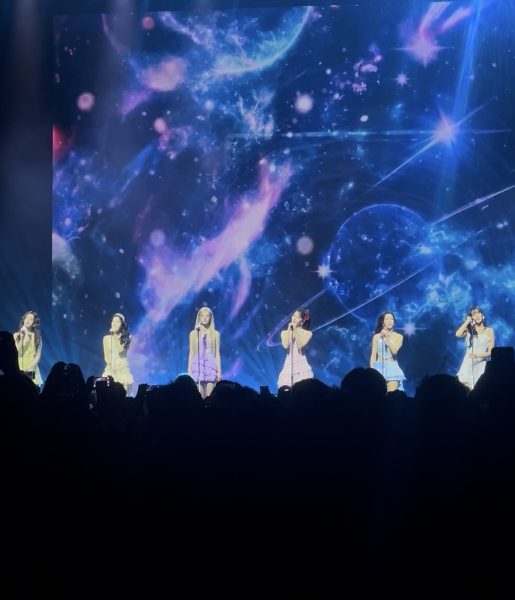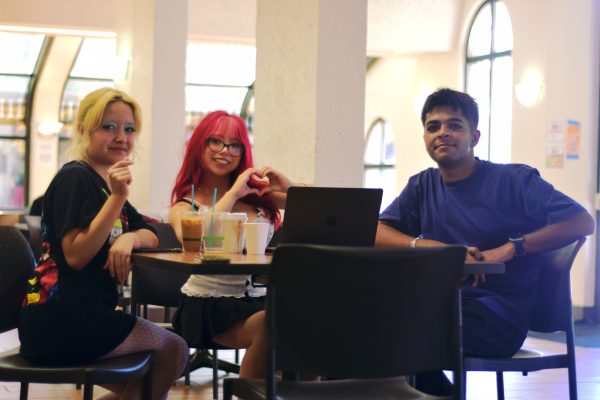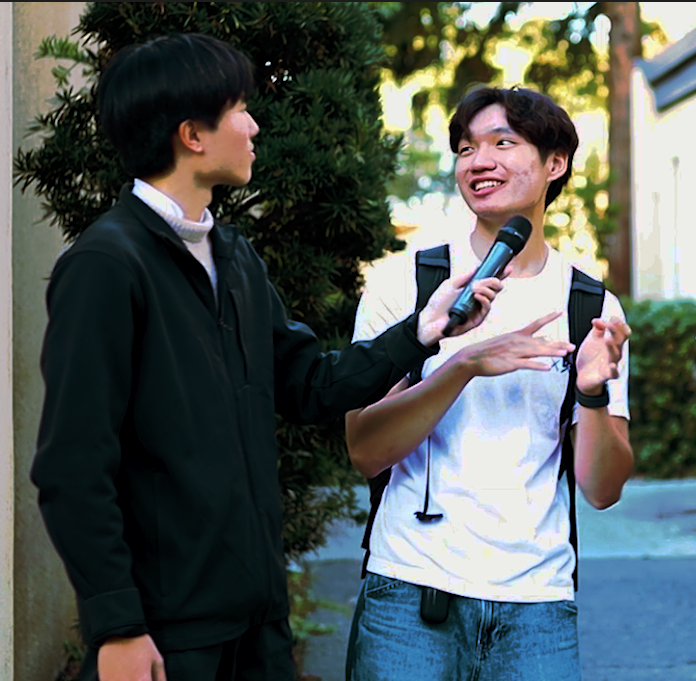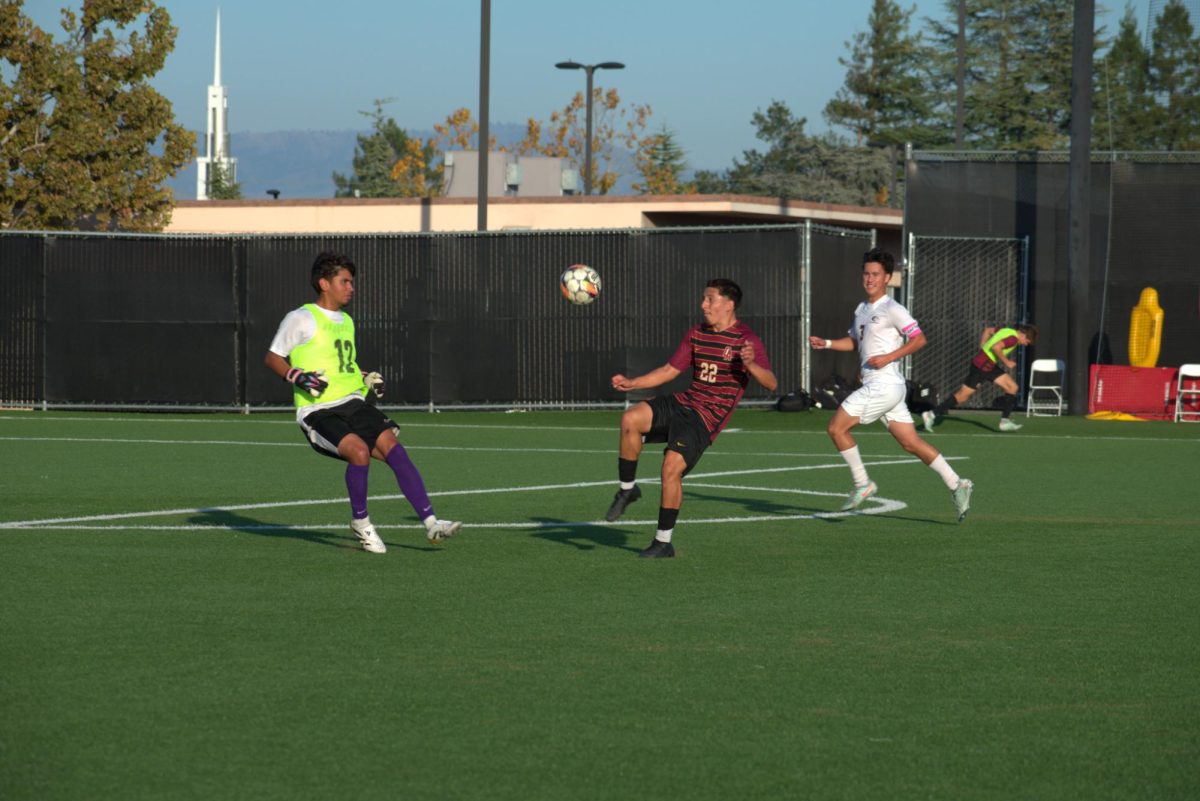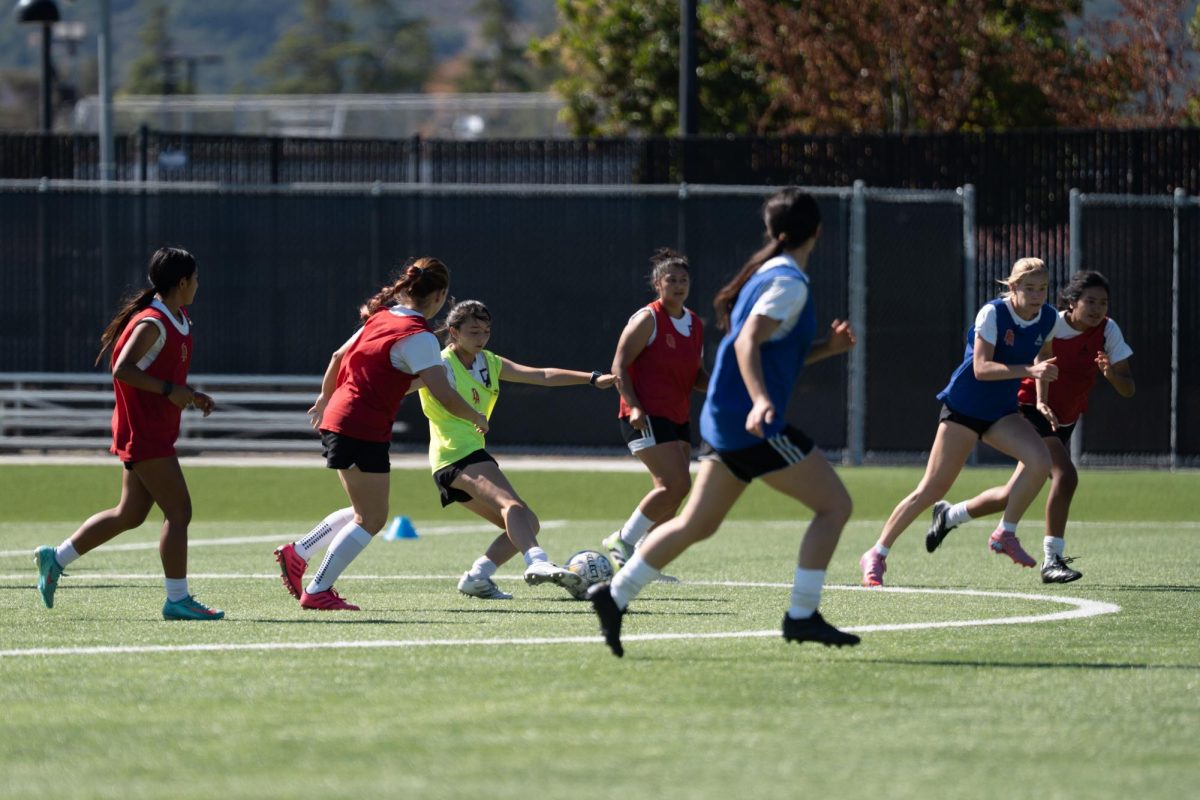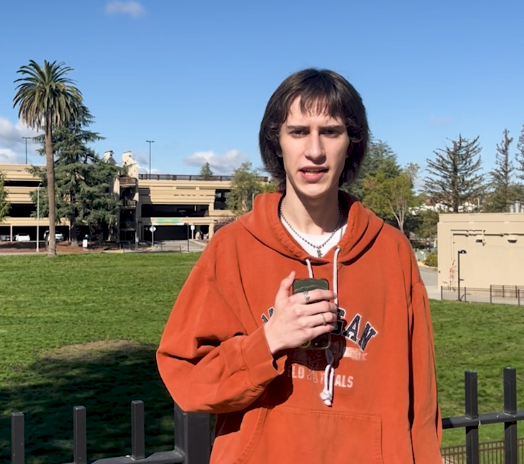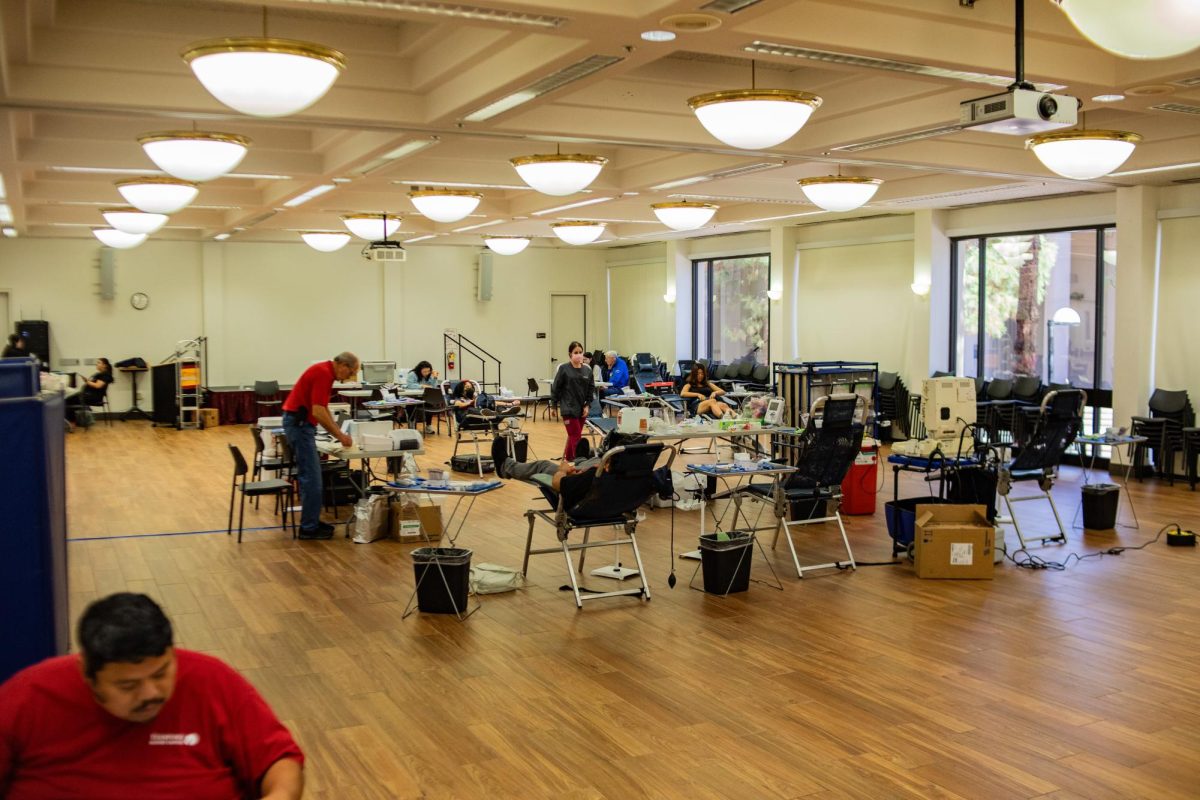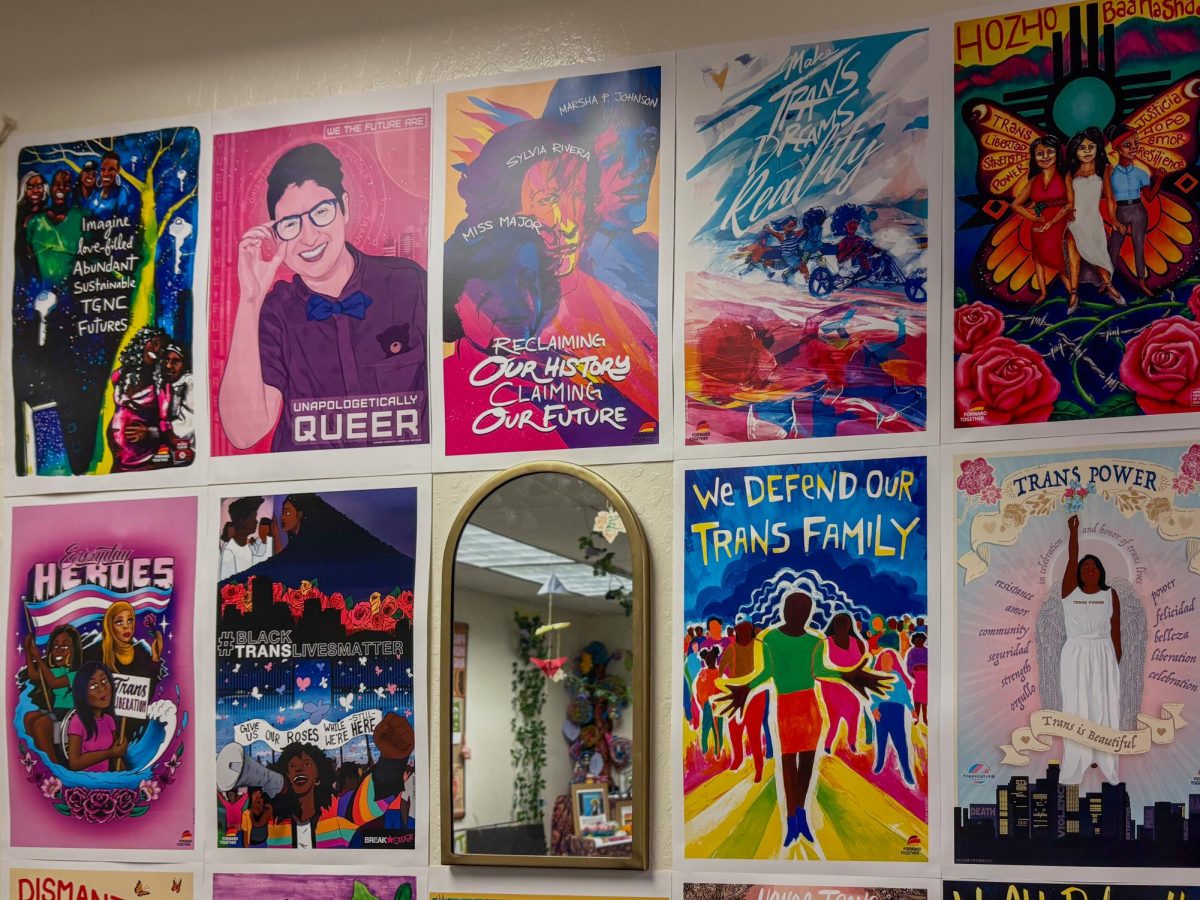TV host & producer Dana Blair shares lessons in confidence with De Anza community
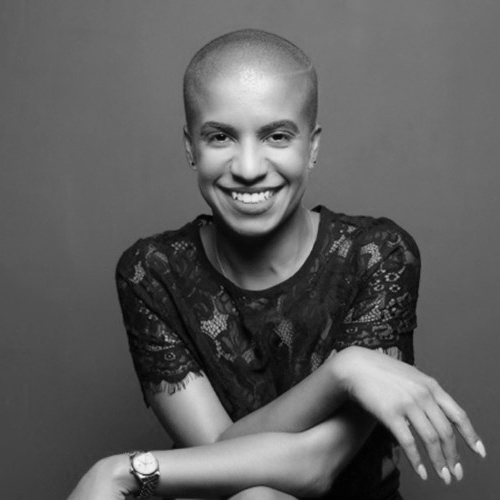
Source: De Anza College
October 13, 2021
De Anza College’s social science and humanities department hosted a panel discussion about finding one’s voice and authentic self in the face of today’s political and social climate called “Confidence in BIPOC Communities.”
The panel featured Dana Blair, a Black journalist, TV host, personality and producer. Her career in media includes working at ABC and CNN, and for the last two years, she has been host at the news site Essence. She shared her journey of leaving one passion due to injury, while coincidentally finding a new one in fashion and beauty. Her secret for making this transition was having confidence.
“Being confident can be difficult because sometimes you will be in a world where people don’t look like you,” Blair said. “But being confident is just another muscle that you have to exercise.”
She encouraged the audience to not only exercise confidence but to also practice being more accepting of alternative life paths.
“I wasn’t necessarily open to working in the TV industry first,” Blair said. “But that’s just a part of the journey, sometimes you never know where the road may end. Be open to that.”
Blair also addressed how she had been misjudged because of her appearance in the past.
“There’s an assumption that because I shaved my hair, I’m very confident. But really that’s something that took a lot of time,” Blair said. “I was actually going through something very difficult personally, and that led me to cut off all of my hair.”
De Anza professor of humanities, Wendy White, praised Blair for her confidence and shared with attendees that she had similar experiences while working in the broadcasting industry between 1973 and 1993. She said that as a Black woman, certain opportunities were denied to her because of her appearance despite her experience in the field.
She talked about being told how she wasn’t “black enough” and was shunned even by women when working in radio.
“The director, who was a woman, had the perspective that rock and roll should not come through the lens of a Black woman,” White said. “Ironically, there was male Black host, which showed to me that there are double standards that existed then and continue today.”
Albert Pearsall III, a professor of business at the University of the District of Columbia, said that he agreed that society tends to have double standards for people of color.
“When you’re an African American man and you’re bald, that’s like a good thing. That’s not a problem,” Rearsall said. “But when you turn that around towards women, somehow that indicates you’re not beautiful.”
The panel was a part of the department’s MOMENTUM series, which aims to address structural racism on both a small and large scale through conversations with BIPOC social activists, educators and other members of the community.
Blair concluded the conversation by talking about how problematic it can be when one’s identity is reliant on things such as adornments, modifications and hairstyles. She stressed that carving out time for oneself is essential to growing into one’s authentic self.
“Be patient with yourself and give yourself grace,” Blair said. “Grace in learning and growing and evolving. Because we’re all trying to figure this out.”



